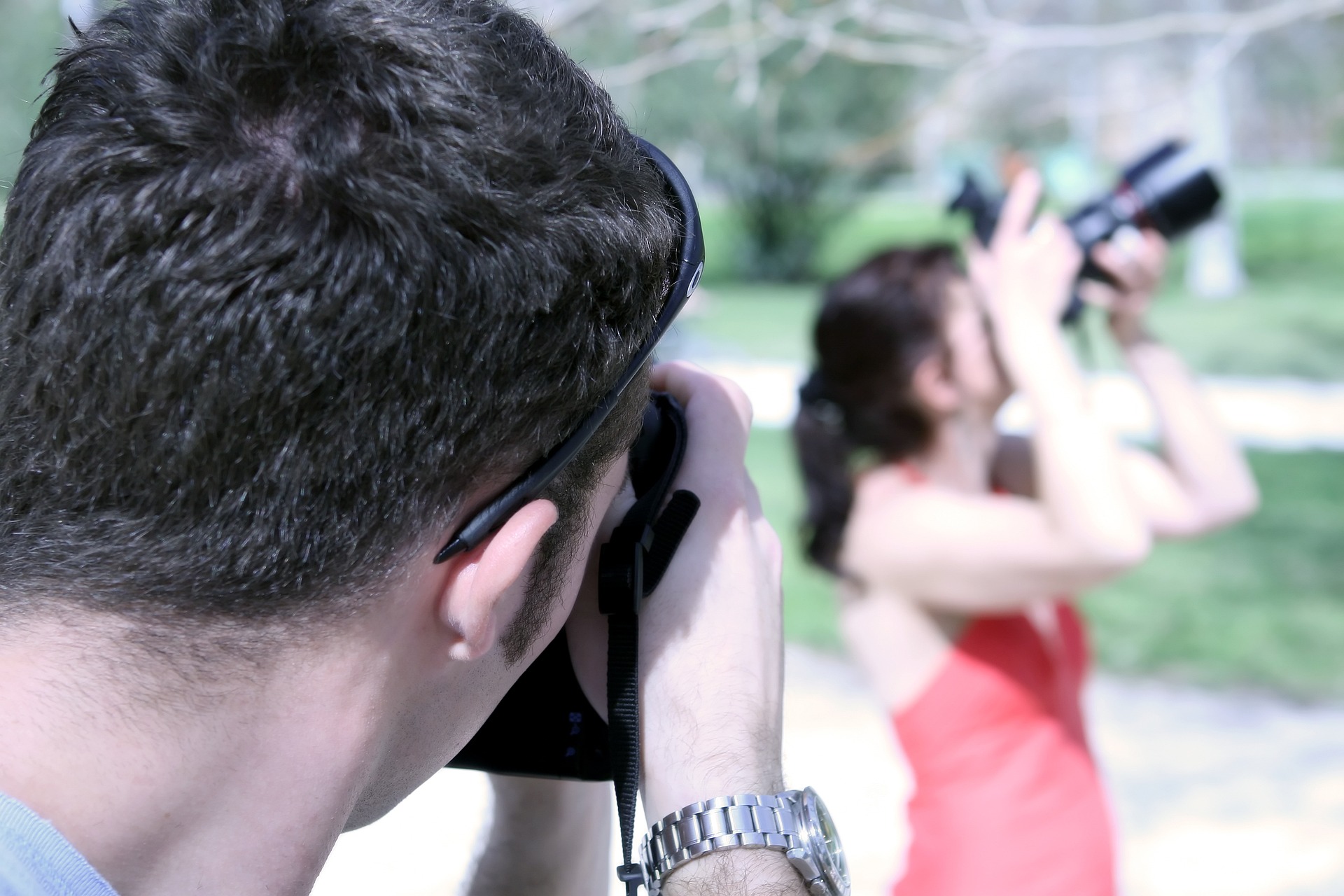News release
From:
Peer reviewed Survey N/A
What distinguishes fans from celebrity stalkers?
New analysis highlights several factors linked to increased likelihood of being a celebrity stalker
A survey study of U.S. college students provides new insights into factors associated with the tendency to engage in celebrity stalking behaviors. Maria Wong (Idaho State University, U.S.), Lynn McCutcheon (North American Journal of Psychology, U.S.), Joshua Rodefer (Mercer University, U.S.) and Kenneth Carter (Emory University, U.S.) present these findings in the open-access journal PLOS ONE on March 1, 2023.
Celebrities around the world deal with the threat of unwanted and threatening or intimidating attention or harassment—commonly known as stalking. A growing body of research is exploring and identifying factors that are associated with the tendency to engage in stalking or to condone celebrity stalking behaviors by others.
To help improve understanding of celebrity stalking, Wong, McCutcheon, Rodefer and Carter presented a series of questionnaires to 596 American college students. A few of the questionnaires had been developed in prior studies to measure people’s attitudes and behaviors—including stalking behaviors—towards celebrities. Other questionnaires measured factors hypothesized to be associated with celebrity stalking, such as anger, thrill seeking, and relationship attachment styles.
Statistical analysis of the students’ answers revealed certain factors that were associated with a greater likelihood of an individual to engage in celebrity stalking. These included having frequent personal thoughts about a favorite celebrity, feeling driven to learn more about them, persistently pursuing them, threatening to harm them and being prone to boredom. Anger, thrill seeking, and relationship attachment styles were not associated with a greater likelihood to engage in celebrity stalking.
The analysis also showed that people were less likely to engage in celebrity stalking if their admiration for a favorite celebrity was almost entirely based on the celebrity’s ability to entertain.
These findings are in line with results from earlier studies on celebrity stalking and provide new insights into what might distinguish a fan from a celebrity stalker.
The authors add: “Individuals who think about their favorite celebrity frequently, feel compelled to learn more about them, pursue them consistently, threaten to harm them and are prone to boredom are more likely to stalk their celebrity.”



 International
International



